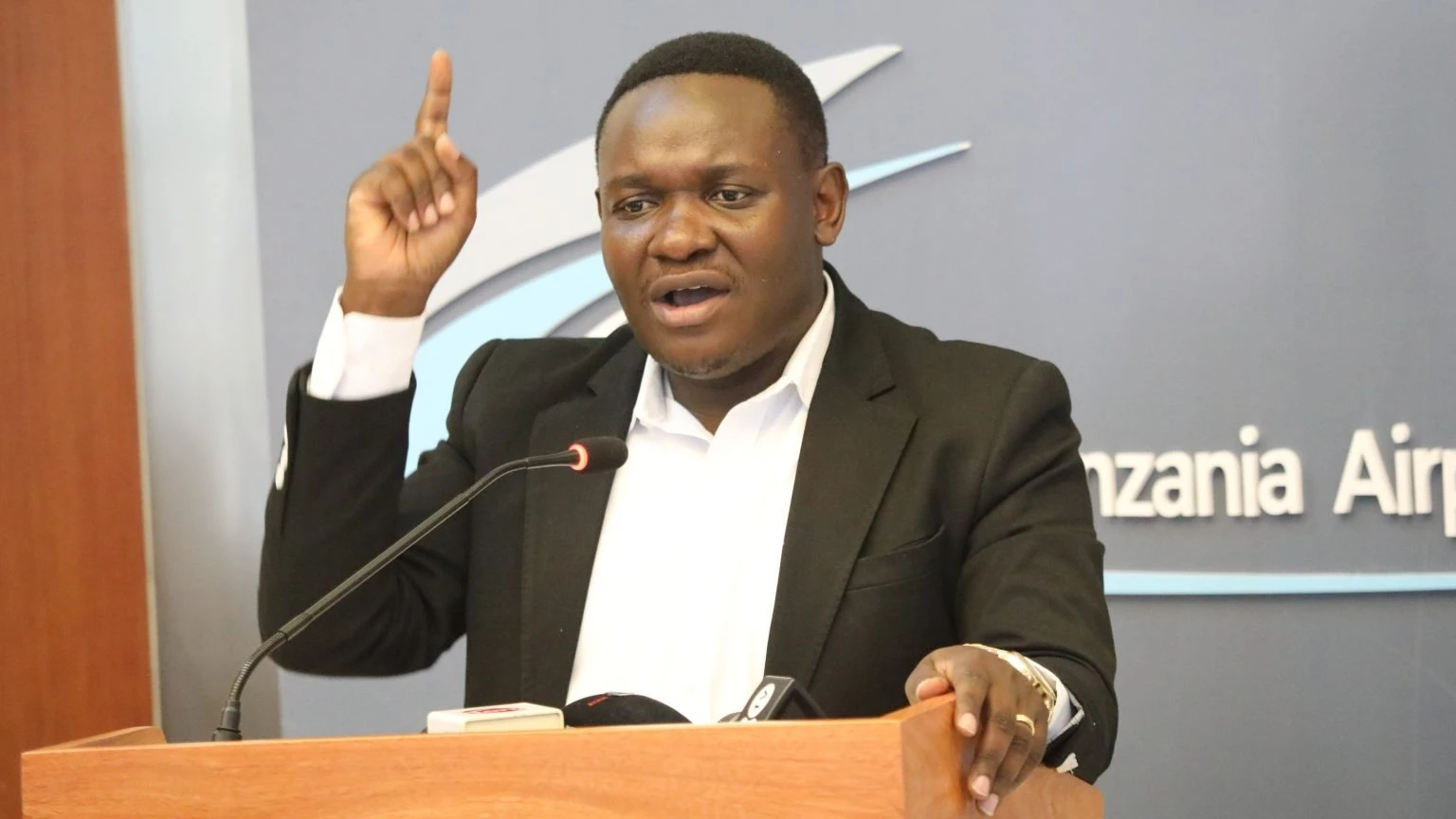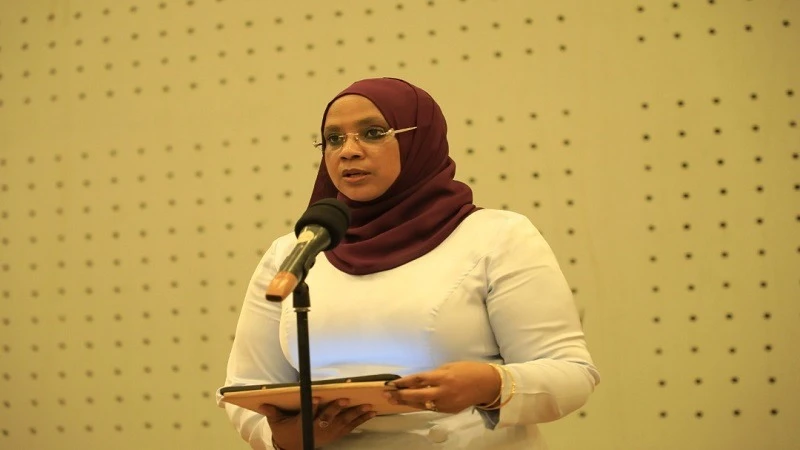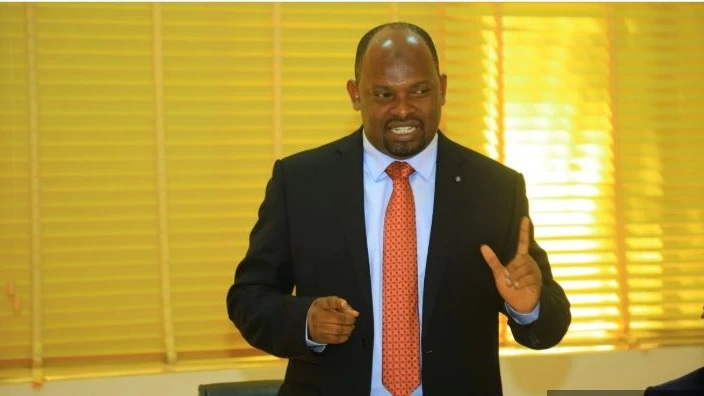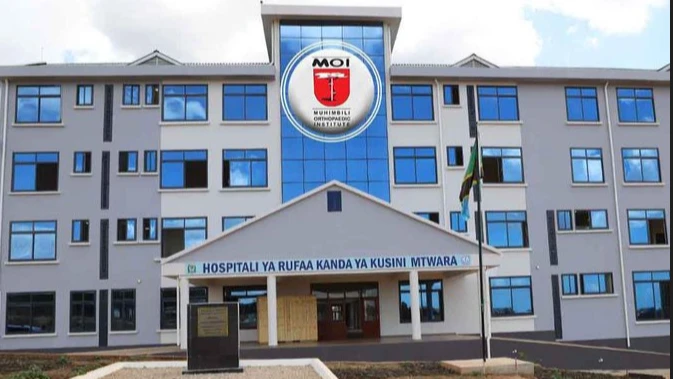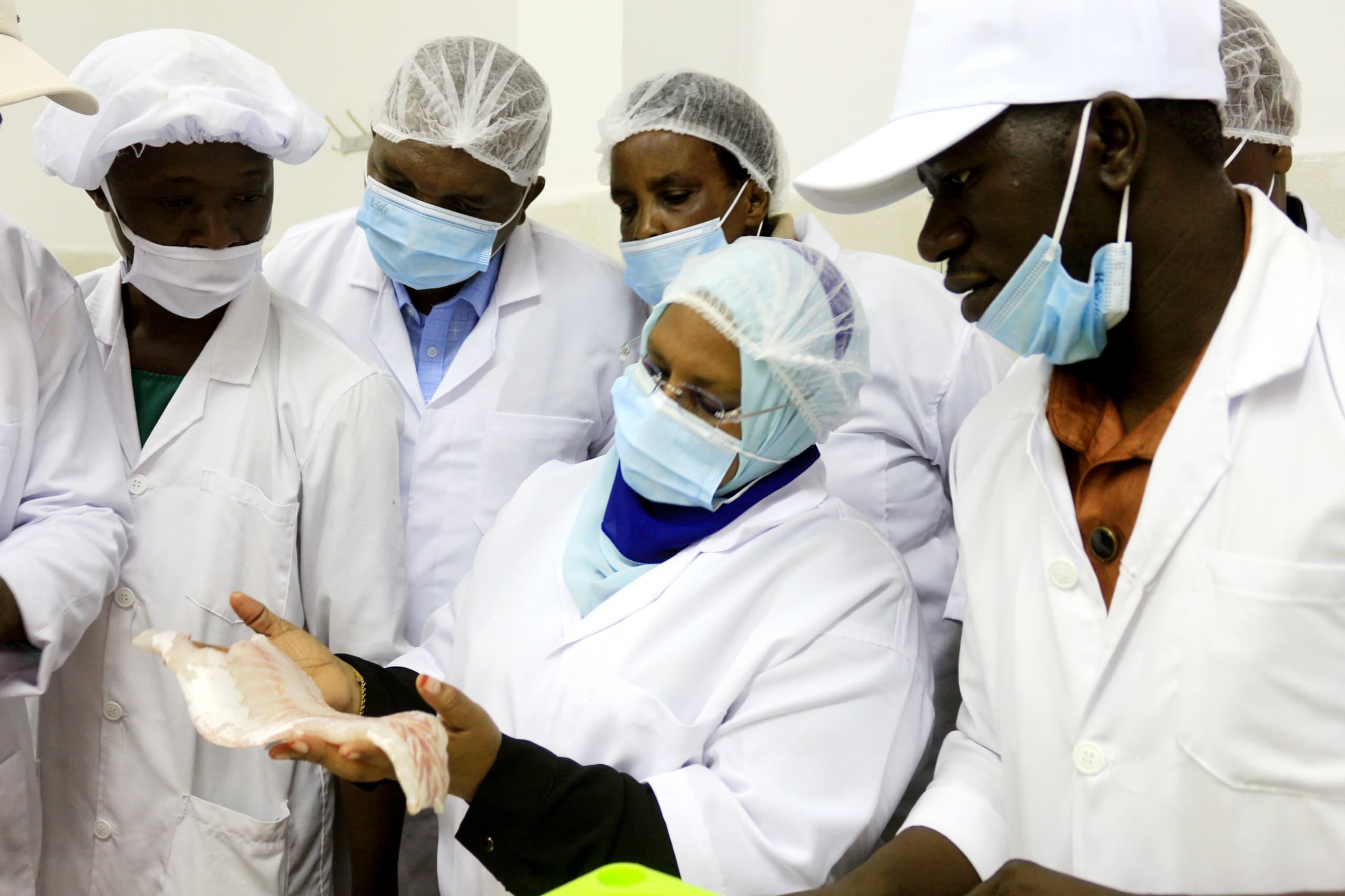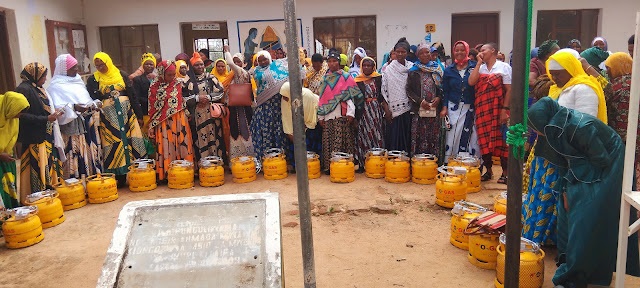MNH unveils cutting-edge breast cancer screening machine
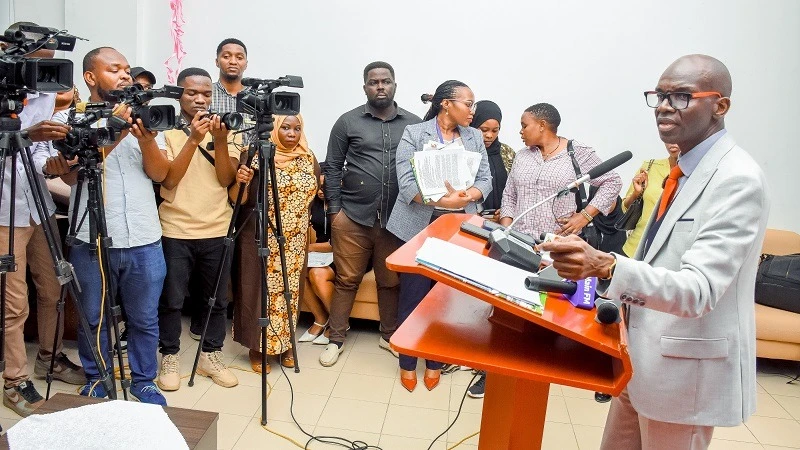
THE Muhimbili National Hospital (MNH) in collaboration with GE Healthcare and Radiological Society of North America (RSNA) yesterday launched a new Senographe Pristina 3D Mammography technology to ease early diagnosis and treatment of breast cancer.
Speaking at the launch event, Dr Hamad Nyembea, Director of Curative Services in the Ministry of Health, said the installation of the machine was part of the efforts of the government to improve the health sector through Muhimbili National Hospital.
“According to global statistics by WHO, at least 2.3 million women are diagnosed with breast cancer annually. In Tanzania, at least 42,000 are diagnosed with breast cancer but sadly, only 38 percent get access to medical treatment, meaning that only 15,000 women have access to treatment,” he said.
“This is contributed by the lack of awareness in the society on breast cancer; people are unaware that treatment services are easily accessible from the rural levels to the national level. I would like to tell the public that these services exist and they have been well improved. It is high time for the people to go to the nearest health centres to get screened and get medical advice.”
Dr Nyembea thanked the United States government and RSNA, saying that the bilateral relations between the countries have been key to the accessibility of the state-of-the-art technology needed to boost breast cancer screening and treatment in the country.
Prof Mohammed Janabi, executive director of MNH, said that the new machine will enable early diagnosis and save lives of countless women in the country, noting that breast cancer is the most common type of cancer among women in the country.
“MNH serves as a beacon of hope. We anticipate that 2,400 patients a year will directly benefit from screening with cutting-edge technology. I pledge that our Senographe Pristina 3D breast cancer screening machine will serve all with utmost professionalism and quality care,” he said.
Eyong Ebai, Executive Zone General Manager of Sub-Saharan Africa at GE Healthcare, said they came to celebrate the first public hospital in Tanzania to host the fully digital mammography system which is expected to offer a full range of advanced applications, including contrast enhanced tomosynthesis and biopsy.
“This is absolutely required to identify breast cancer in suspicious lesions. This will enable faster better targeted identification of breast cancer which will save lives. Together we will help build a cohort of fellows that will clinically lead across Tanzania and the wider region in the fight against breast cancer,” he said.
“We will measure and evaluate the lead indicators to track progress and ensure we are successful. We will develop and deliver educational programmes to build capacity to ensure long-term sustainability. We will generate important data and information that will drive an evidence-based policy, regulation and resource allocation to improve breast cancer treatment in Tanzania.”
Meredith McNeil, Director of International Affairs at the Radiological Society of North America (RSNA) said with the installation of the Pristina Mammography machine in Tanzania, the technology will help ensure women get breast cancer awareness, treatment, general screening and prevention, adding that, there is still a long way to go to get many people trained and get women interested.
“Ideally this will set an example from Tanzania to the African region about what mammography can give to the population, noting that female healthcare affects families so much hence we hope this example can be of great help on a relatively routine standard care and help financial savings because there less late-stage cancer cases. This is because cancer can be identified early and potentially treated early as a result and save lives,” she said.
Top Headlines
© 2024 IPPMEDIA.COM. ALL RIGHTS RESERVED








